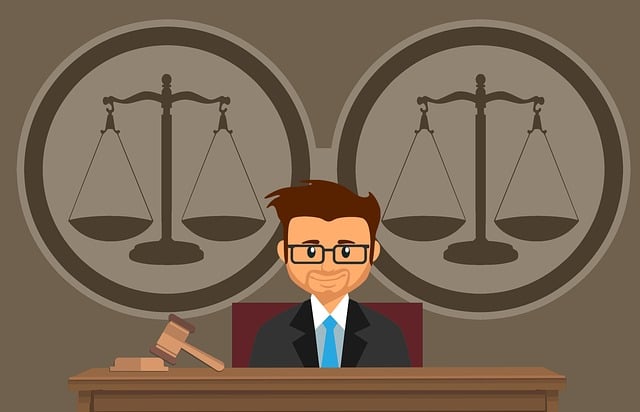Wrongful death product liability holds manufacturers accountable for marketing defective products leading to severe harm or fatalities, with a focus on preventing future tragedies through strict safety standards. In such cases, courts consider emotional distress uniquely, evaluating relationships and impacts between the deceased and their family. Damages for loss of income and dependents are calculated using economic forecasting and expert testimony, ensuring compensation for both immediate and future expenses, such as in truck accidents.
“In the realm of product liability, the consequences of a defective product can be devastating, especially when they lead to wrongful death. This article delves into the intricate legal aspects of wrongful death product liability, exploring emotional and financial damages. We’ll examine how courts measure and compensate for emotional distress, while also dissecting the financial implications for victims’ families. Understanding these elements is crucial for navigating the complexities of product liability cases.”
- Understanding Wrongful Death Product Liability: A Deep Dive into the Legal Aspects
- Measuring and Compensating Emotional Distress in Product Liability Cases
- Financial Implications: Calculating Damages for Loss of Income and Dependents
Understanding Wrongful Death Product Liability: A Deep Dive into the Legal Aspects

Wrongful death product liability refers to a legal concept where individuals or families hold manufacturers, distributors, or sellers accountable for marketing defective products that cause severe harm or lead to fatalities. This area of law is a critical aspect of product liability, focusing on the consequences of product failures, especially in cases where lives are lost. When a product’s design, manufacturing, or warning defects contribute to or solely cause a person’s death, survivors may have grounds for legal action under wrongful death claims.
Understanding this type of litigation involves navigating complex legal principles and procedures. It often requires an in-depth examination of the product’s history, its intended use, and the circumstances surrounding the accident. In cases like car accident injuries, slip and fall incidents, or any scenario where a defective product directly results in death, victims’ families can seek compensation for their emotional distress and financial losses. Commercial disputes arising from such tragedies highlight the importance of stringent safety standards and responsible product management to prevent future occurrences.
Measuring and Compensating Emotional Distress in Product Liability Cases

In wrongful death product liability cases, measuring and compensating emotional distress is a complex task that requires careful consideration. Beyond financial losses, victims’ families often grapple with profound emotional trauma, which can significantly impact their quality of life. This distress isn’t always quantifiable through traditional means, making it crucial for legal systems to adopt approaches that acknowledge its value.
When evaluating emotional damages in these cases, courts may take into account various factors such as the relationship between the deceased and their family members, the nature and extent of the emotional bond, and the impact of the loss on day-to-day life. Unlike contract disputes or breach of fiduciary duty scenarios where damages are often more tangible, determining compensation for emotional distress requires a nuanced understanding of each unique case. This process involves balancing legal principles with the sensitivity required to address the profound human impact of such tragedies.
Financial Implications: Calculating Damages for Loss of Income and Dependents

In a wrongful death claim due to product liability, calculating damages for loss of income and dependents is a critical aspect. This involves assessing the victim’s earning potential and the financial contribution they made to their family. Economists and financial experts often step in to forecast future earnings based on the deceased’s age, occupation, and work history. The goal is to quantify the economic impact of their absence, ensuring that surviving family members are compensated for lost wages and the loss of support they would have received had the tragedy not occurred.
For instance, if a young working parent suddenly passes away in a truck accident, a truck accident lawyer would argue for damages that cover not only the parent’s salary but also childcare costs, household expenses, and other financial obligations. These calculations must consider both immediate losses and potential future expenses, providing a fair and just settlement for the wrongfully deceased’s loved ones. It’s crucial to have detailed financial records and expert testimony to support these claims.
In cases of wrongful death due to product liability, understanding both the emotional and financial impacts is paramount. This article has explored the legal intricacies of such cases, delved into methods of measuring and compensating for emotional distress, and outlined strategies for calculating damages related to loss of income and dependents. By recognizing and addressing these aspects thoroughly, individuals and families affected by such tragic events can receive fair compensation, offering some measure of healing and security in the face of immense loss. This comprehensive approach ensures that the legal system not only upholds justice but also provides a crucial support system during an otherwise tumultuous time, specifically focusing on wrongful death product liability matters.






